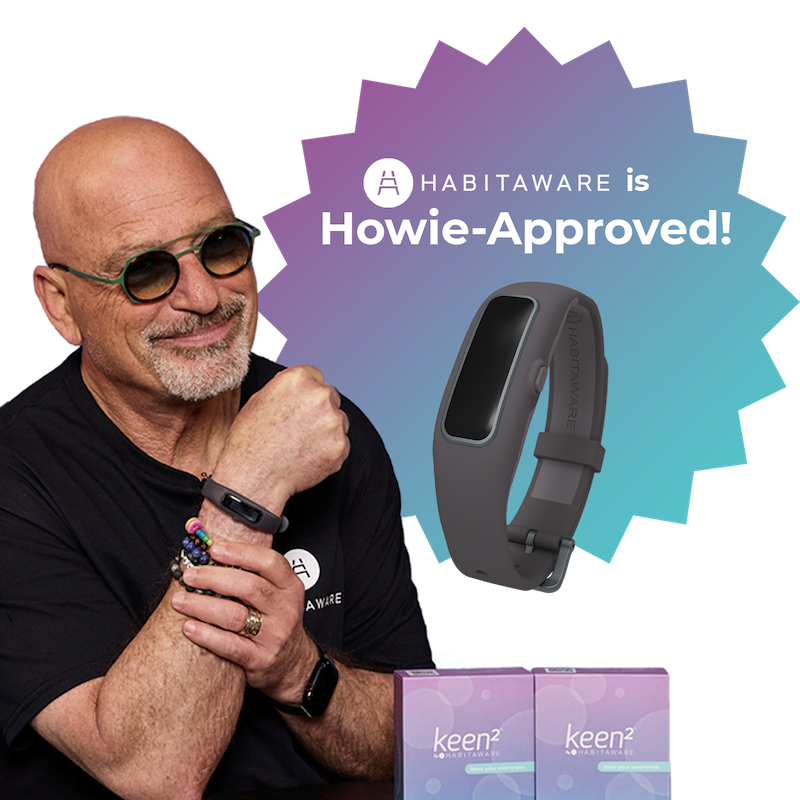On the journey to recovery, it’s often difficult to keep the past from getting in the way. Whether it’s an addiction to alcohol, gambling, or trichotillomania, we tend to ruminate on our past bad habits with shame, regret, and embarrassment. If we’re ever to begin the journey toward better habits, we cannot let the past be our prison.
We must be gracious with ourselves, despite our mistakes, just as we would show unconditional love to someone we care about.
Here are five things that I believe are the basic components of effectively giving yourself grace on your journey to recover and better lifelong habits.
Authenticity
Authenticity means not only knowing who you truly are but also being true to the beliefs and values you hold dear through your actions. Living a double life is exhausting. Anyone with an addictive or compulsive habit understands exactly what I mean as we live in constant hiding - with wigs, makeup and fake smiles - of our true selves.
Write down your five most important values on five different notecards. These values should be the ones dear to your heart, not your head. Think about things like courage, passion, and creativity. Put the small notes in a bowl and draw one every morning. This allows you to set the intention to carry that value in everything you do that day and find ways to apply it throughout the day's various tasks.
This mindful practice of values can, in time, make these values permanent to your character and personality.
Quietude
Negative feelings don’t dissipate until we learn to sit in silence long enough to lean into them and let them pass. One way to do this is to set aside 15 to 30 minutes each day to be completely alone, well away from distractions, to engage in personal reflection. Breathe negative feelings in, then out. Let yourself cry if you need to.
Then, when your quiet time is up, you may be surprised at how easy it is to move on with self-forgiveness. Be mindful of your home environment and triggers if you’re having trouble finding your center. As an example, it maybe that a noisy HVAC system is triggering your distractedness, or a harmful behavior. In this case, consider getting a home repair plan so that you have someone to call for any necessary repairs.
Connection
This component will be short and sweet: You can’t do this alone and you weren’t designed to. Research has shown that desiring a sense of belonging and connection is a primal instinct. Find support groups and other programs to help guide you, or simply make it a point to spend quality time with family and friends. You deserve the social connection and they deserve your gracious company.
Gratitude
As rough as your journey may have been so far, remember to be grateful for your story and the lessons you’ve learned. Don’t have a pity party about your compulsion or addiction like it’s a curse. Be thankful that you’ve made it so far as to be willing to change. Be thankful for your progress. Every day - whether while having your coffee on the porch or right before you lay your head on the pillow - write down three things for which you are grateful. Don’t repeat items (not even once). These items can be as specific as a new shirt you bought that day or as broad as your willingness to be grateful.
Appreciation
In our eagerness to achieve goals on our journey to release bad habits, we often forget to revel in small accomplishments. As you set realistic goals and reach them, reward yourself in some way, even if it’s simply soaking in a hot bath with a good book. Make a conscious effort to give an outward appreciation for an inward desire to change.
Your past doesn’t have to define you, your present is a blessing, and your future is as gracious as you make it.
May the grace be with you.
About The Author
 Amanda Turner is a freelance writer and recent graduate who is exploring her passion through writing.
Amanda Turner is a freelance writer and recent graduate who is exploring her passion through writing.


